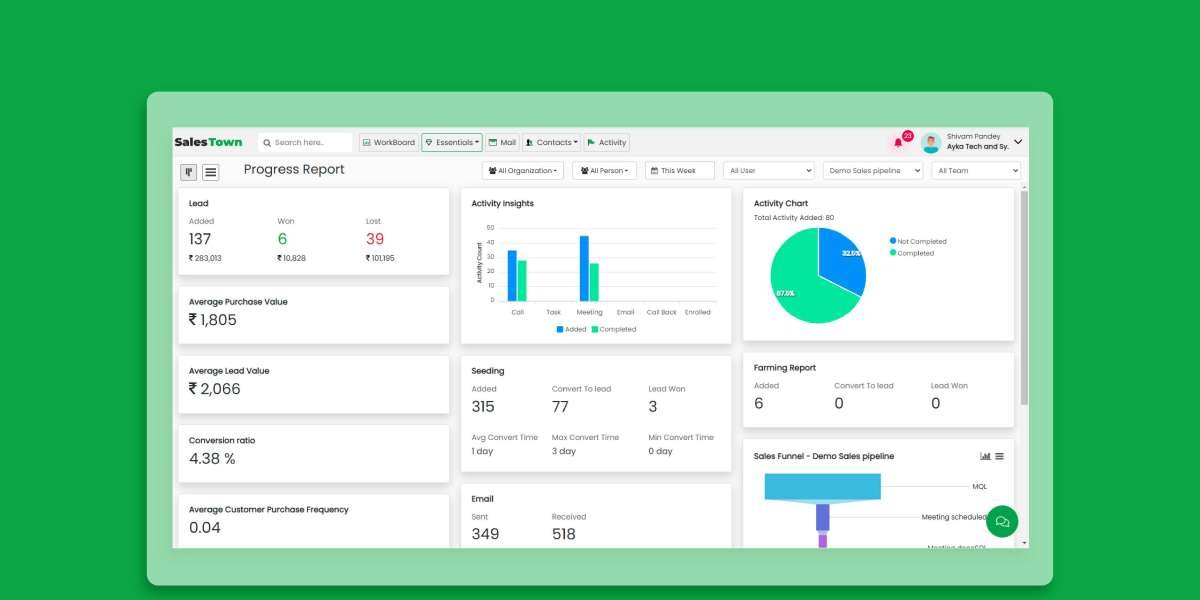With the increasing awareness of climate change and the rising costs of traditional energy sources, more homeowners are turning to solar power as a sustainable and cost-effective solution. Installing a solar system for your home not only reduces your carbon footprint but also allows you to generate your electricity and potentially save on your energy bills. However, selecting the best solar system for your specific needs can be a daunting task. In this comprehensive guide, we will explore the factors to consider when choosing the best solar system for home.
- Assess Your Energy Needs
Before diving into the world of solar systems, it's essential to assess your household's energy needs. Look at your past energy bills to determine your average monthly and annual consumption. This data will help you choose the right-sized solar system to meet your needs efficiently. Oversizing or undersizing your solar system can impact its performance and your potential savings.
- Types of Solar Systems
There are primarily three types of solar systems for homes:
- Grid-Tied Solar System: This system is connected to your local utility grid. It allows you to sell excess energy back to the grid and often requires the least maintenance. However, it won't provide power during grid outages.
- Off-Grid Solar System: Off-grid systems are independent of the utility grid and are ideal for remote locations. They require batteries for energy storage and are a more self-reliant option but tend to be more expensive.
- Hybrid Solar System: A hybrid system combines elements of both grid-tied and off-grid systems. It stores excess energy in batteries but can also access the grid when needed, providing reliability and cost savings.
- Solar Panel Types
The type of solar panels you choose can significantly impact your system's performance and efficiency. There are two main types:
- Monocrystalline Panels: These panels are known for their high efficiency and sleek black appearance. They are a good choice if you have limited roof space but tend to be more expensive.
- Polycrystalline Panels: Polycrystalline panels are more affordable but slightly less efficient than monocrystalline panels. They are a good choice for larger installations with ample space.
- Inverter Selection
Inverters are essential components of solar systems as they convert the DC electricity generated by solar panels into AC electricity used in your home. The two common types are:
- String Inverters: These are cost-effective and work well for standard installations but can suffer from performance issues if some panels are shaded or dirty.
- Microinverters: Microinverters are attached to each solar panel, optimizing performance, especially in cases of shading or panel mismatch. They tend to be more expensive but can increase overall system efficiency.
- Solar System Cost and Financing
The cost of a solar system can vary widely depending on factors such as size, panel type, and location. While solar systems require an initial investment, many governments and organizations offer incentives, tax credits, and financing options to help offset the cost. Be sure to explore these opportunities to make your solar investment more affordable.
- Installation and Maintenance
Choosing a reputable solar installation company is crucial to ensure the system is correctly installed and meets all safety and code requirements. Regular maintenance, such as cleaning panels and checking for any issues, is essential to maximize your system's lifespan and efficiency.
Conclusion
Selecting the best solar system for home involves careful consideration of your energy needs, the type of system, solar panel and inverter choices, cost, and maintenance. By evaluating these factors and professional seeking guidance, you can make an informed decision that not only benefits the environment but also your long-term savings. Embracing solar power is not just a responsible choice but also a smart one for a sustainable and cost-effective energy future.








